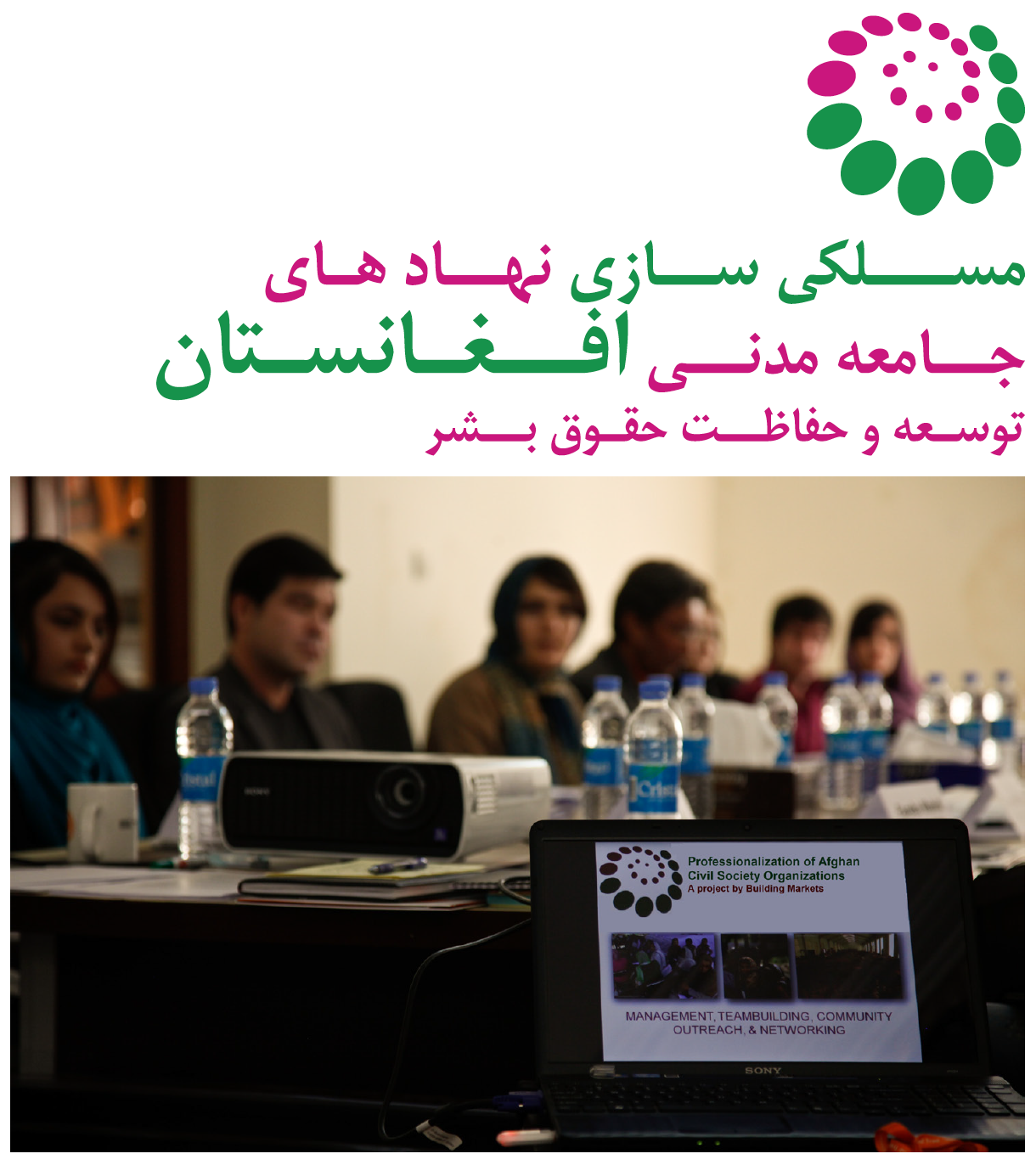Remote Learning in Afghanistan
I lived and worked in Afghanistan for three years between 2012 and 2015. During this time, I led international development programmes for global nonprofits, international organizations and governments.
One initiative involved leading an organization development initiative for Building Markets, a global nonprofit. My mandate was specifically focused on supporting civil society organizations working in human rights and women’s rights.
As a woman, I often found myself greatly outnumbered by men in the workplace. What I found odd was that many of these men represented organizations working on women’s rights issues. I knew from our data that many of these organizations employed women, some of whom were directors and managers. Why weren’t they showing up?
We investigated by seeking out and talking to these ‘invisible’ women, inviting them into the design process as we sought to understand the unique challenges they faced in a country where women’s workforce participation is low.
Design Challenge // How might we tackle social, cultural and access barriers unique to women civil society leaders in Afghanistan?
Clients // Government of Canada, Building Markets
Project // Research, prototyping, service design & launch for an organization development initiative for Afghan civil society organizations working in human rights and women’s rights.
Role // Project Lead
Outcome // My team and I researched, tested and redesigned the organization’s approach to service delivery, changing their event space into a pop-up digital content studio used to record on-demand training videos and instructional resources for women to follow along at their own pace, from anywhere. Think Netflix meets Coursera before either became popular!
This remote learning model transformed how the organization interacted and engaged with the people it served. By making its services more accessible and inclusive, the organization was able to reach more women, giving them tools to advocate for themselves and lead in a country where women’s economic participation is low*.
Under my leadership between 2015 and 2020, this model was tested, iterated and successfully adopted across the organization which currently works with vulnerable populations in the Middle East, the Americas and South East Asia. This model became instrumental to continuing service delivery with minimal disruption during the pandemic. Today, Building Markets offers online training as one of its core suite of digital services.
*UPDATE: In August 2021, the Taliban seized control of Afghanistan, dealing a blow to human rights and women’s rights gains over the past two decades. In a short amount of time, Afghan women have been subjected to a cascade of announcements restricting their employment, education, travel, deportment and other aspects of public life. Though international governments and rights groups have condemned these actions, the Taliban continue to defy their own pledges to uphold human rights and women’s rights, leaving the future of Afghan women in perilous limbo.
I won’t mince words - The international community (and with it, this project) have failed Afghan women, which is heartbreaking to witness.
Duration of Engagement // 2012 - 2020

